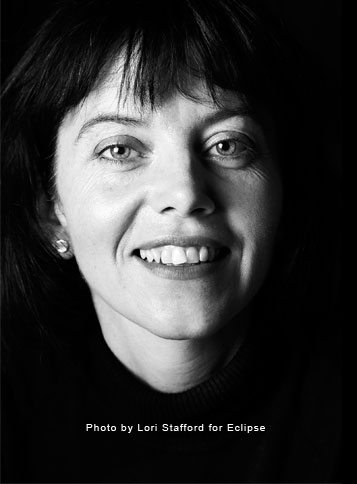

Is it the ominous “system” that seems like straightforward AI? Is it how Tayo hardened into an ends-justify-the-means director? Is it corruption within the FBI in the past, present and future? Is it what happened between Poet and her former best friend, Hour, or past flame Lennix (Brian J Smith)? None of these feel particularly deep or surprising. It’s unclear what Class of ’09 wants its mystery to be. It’s just that little of this potential coheres into something actually sinister or suspenseful.

There are plenty of intriguing ideas carrying the early episodes, such as the moral pretzels one must make in the process of becoming an agent, or how good intentions can corrode into cynicism. Characters talk about technology like AI for dummies 11 years from now is a vague place where Poet says things like “computer, turn on lights” and calls her Tesla a “classic”. It doesn’t help that the farther into the future we go, the more sterile and one-dimensional the world becomes. Surprise confrontations, romantic tension and long-awaited reunions are sapped of their power when we know the outcomes ahead of time.

In practice, the different eras act less as a prismatic view of a graduating class than as bumper cars, each jostling and undercutting the other. In theory, future peril weighs on past decisions. (Henry is typically excellent in a handful of scenes in which Tayo, as the only Black recruit, explains just how fallible and biased American law enforcement can be.)īraiding the timelines – continuously labeled past, present and future and delineated by hair cut and color – offers a potentially rich setup. Each timeline has its own momentum: in the past, development of the ambitious recruits at Quantico in the present, Tayo’s use of Hour’s surveillance database to investigate domestic terrorists clearly inspired by the Proud Boys and Ammon Bundy and in the future, Poet’s investigation of just how far Tayo, as director, has taken this thinly sketched AI system in the name of security and fairness. (Four were provided to critics, of eight total.) But Class of ’09 feels like a show that deserves an hour per chapter, both for its prestige TV ambitions (it looks more refined than most anything on Netflix) and its scope. I would usually cheer a dramatic series that clocks in around 43 minutes an episode. But Class of ’09, written and created by the British novelist/screenwriter Tom Rob Smith and executive-produced by American Crime Story’s Nina Jacobson and Brad Simpson, seems more interested in the tricky arrangement of these threads than actually pursuing them. Each are intriguing threads of what could be compelling storylines: an elegiac glimpse of past camaraderie before life got heavy and complicated, a high-concept law enforcement procedural, a sci-fi lite thriller.


 0 kommentar(er)
0 kommentar(er)
